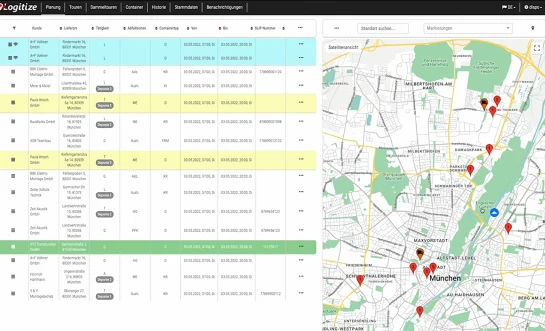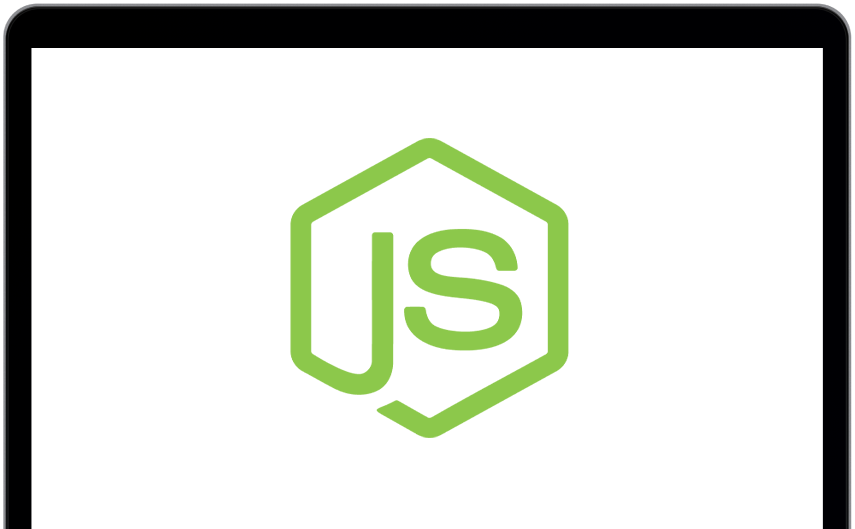Technology services we provide
We use Node.js in a wide range of services.
Backend Development: Creating robust and scalable backend systems using Node.js, suitable for real-time applications.
Full-Stack Development: Developing comprehensive web applications by combining Node.js on the backend with frontend technologies like React, Angular, or Vue.js.
RESTful APIs: Building RESTful APIs for efficient communication between different parts of a web application.
GraphQL APIs: Developing GraphQL APIs for more flexible and efficient data querying and manipulation.
Chat Applications: Developing real-time chat applications with features like messaging, notifications, and user presence.
Collaboration Tools: Creating real-time collaboration tools such as document editing, project management, and whiteboard applications.
Function-as-a-Service (FaaS): Developing serverless applications using cloud services like AWS Lambda, Google Cloud Functions, and Azure Functions, which allows running code without managing servers.
Event-Driven Architectures: Implementing event-driven architectures to respond to triggers and events efficiently.
Streaming Applications: Building applications that handle real-time data streams using Node.js libraries and frameworks.
Data Integration: Integrating data from various sources in real-time for analytics and decision-making.
Ongoing Support: Providing maintenance and support services to ensure Node.js applications run smoothly and stay updated.
Bug Fixing and Updates: Regularly updating applications to fix bugs, improve performance, and add new features.
Speed your project forward with
Smoothshoring™
Experience the Glatco difference when you work with our US-based program managers, tech leadership, and executive coaches to smooth the process of your technical projects and outsourcing.
What are the benefits of using this technology
Non-Blocking I/O: Node.js uses a non-blocking, event-driven architecture, allowing it to handle multiple requests concurrently without waiting for one to complete before starting another. This results in high performance and scalability for I/O-bound tasks.
Single-Threaded Model: Node.js single-threaded event loop handles many connections efficiently, making it suitable for applications that require high concurrency.
Event-Driven Architecture: Node.js’s event-driven model allows it to handle a large number of simultaneous connections with minimal overhead, making it ideal for scalable network applications.
Microservices-Friendly: Node.js works well with microservices architectures, allowing for the development of modular and easily scalable systems.
WebSockets: Node.js supports WebSockets, allowing real-time communication between clients and servers. This is ideal for applications like chat services, live updates, and online gaming.
Real-Time Data Processing: Node.js non-blocking nature makes it well-suited for processing real-time data streams efficiently.

Tailored ways to work with you
Smooth from start to finish





